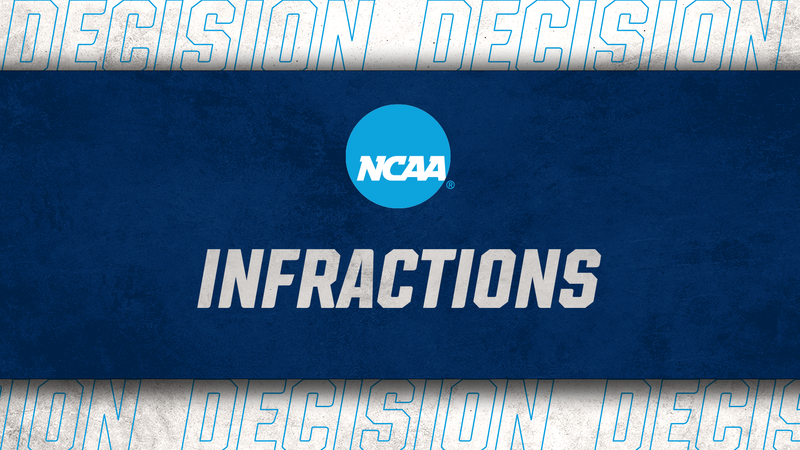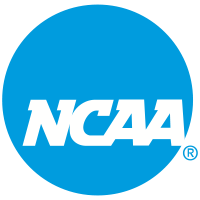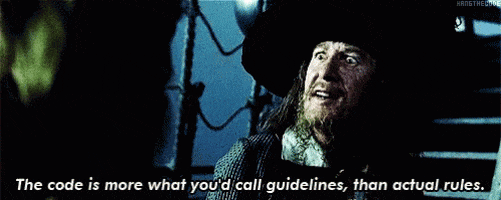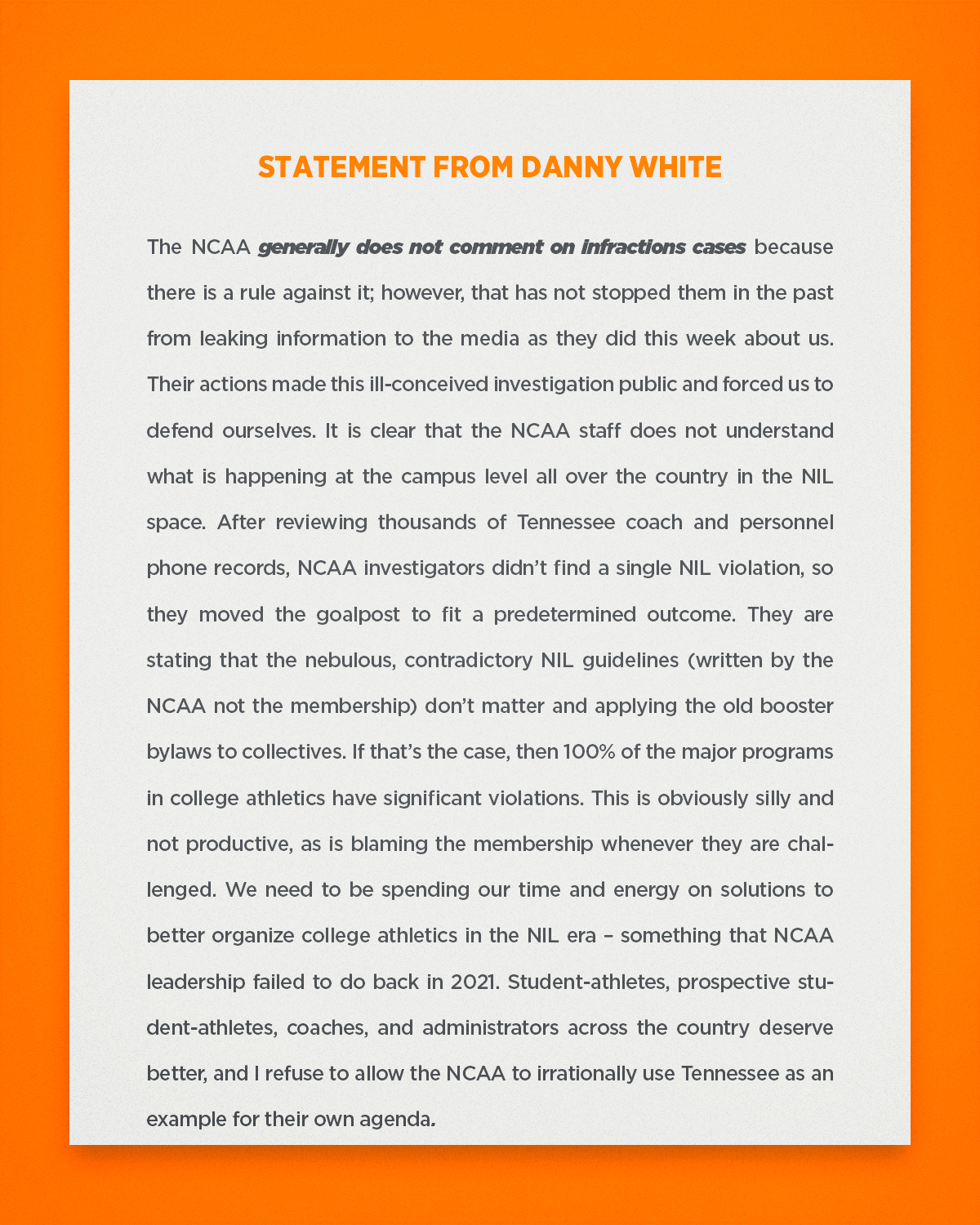Story involving Florida State:
From NCAA.org:
Jan 11, 2024
7:22:00 PM
Meghan Durham Wright
NIL-related recruiting violation occurred in Florida State football program
_____________________________________Assistant coach violated ethical conduct rules.
_____________________________________
A Florida State assistant football coach violated NCAA rules when he facilitated an impermissible recruiting contact between a transfer prospect and a booster, according to an agreement released by the Division I Committee on Infractions. During that contact, the booster encouraged the prospect to enroll at Florida State and offered a name, image and likeness deal as a recruiting inducement. The assistant coach then violated ethical conduct rules when he provided false or misleading information about his involvement in the arranged meeting.
The school, assistant coach and enforcement staff agreed that the violation occurred after a prospective transfer student-athlete entered the NCAA Transfer Portal and communicated with the assistant coach to arrange an official visit to Florida State. During that visit, the assistant coach transported the prospect and his parents to and from an off-campus meeting with a booster, who at the time was the chief executive officer of an NIL collective that also was a booster. The prospect and his parents stated the assistant coach informed them that they would be meeting with the booster. The coach did not stay for the meeting.
During the meeting, the booster encouraged the prospect to enroll at Florida State and offered him an NIL opportunity with the collective worth approximately $15,000 per month during his first year at the school. After the meeting, the booster contacted the prospect and the prospect's mother via text message and/or phone call. Shortly thereafter, the prospect withdrew his name from the Transfer Portal and remained at his previous school. The prospect did not enter into an agreement with the booster or receive any related compensation.
The school and enforcement staff agreed that the meeting with the booster violated several recruiting rules. Specifically, the meeting constituted an impermissible recruiting contact because boosters are not authorized recruiters and generally cannot have in-person, off-campus contact with prospects. The booster also violated recruiting rules when he initiated telephonic communication with the prospect and his mother. Additionally, the booster's proposed NIL opportunity constituted an impermissible recruiting inducement.
The school, enforcement staff and assistant coach also agreed that during the enforcement staff's investigation, the assistant coach violated unethical conduct rules when he knowingly provided false or misleading information about his knowledge of and involvement in the violations. Specifically, on two occasions, he denied facilitating the meeting between the booster, prospect and prospect's family. However, the assistant coach was truthful about aspects of the violations, including acknowledging his role in transporting the prospect and his parents to the location where they met with the booster. Although providing false and misleading information historically supports a Level I violation, the unique facts and circumstances of this case supported a Level II violation.
This case was processed through the negotiated resolution process. The process was used instead of a formal hearing or summary disposition because the university, enforcement staff and assistant coach agreed on the violations and the penalties. The Division I Committee on Infractions panel reviewed the case to determine whether the resolution was in the best interests of the Association and whether the agreed-upon penalties were reasonable. Negotiated resolutions may not be appealed and do not set case precedent for other infractions cases.
The university, enforcement staff and assistant coach used ranges identified by the Division I membership-approved infractions penalty guidelines to agree upon Level II-standard penalties for the university and Level II-aggravated penalties for the assistant coach. The decision contains the full list of penalties as approved by the Committee on Infractions, including:
- Two years of probation.
- A two-year show cause order for the assistant coach, including a suspension from the next three regular-season games, a two-week restriction on recruiting communication, and required attendance at a NCAA Regional Rules Seminar attendance.
- A restriction from off-campus recruiting during fall 2023 for the assistant coach.
- A three-year disassociation from the booster.
- A one-year disassociation from the collective.
- A $5,000 fine plus 1% of the football budget.
- A 5% reduction in football scholarships over the two-year probationary period, amounting to a total reduction of five scholarships.
- A reduction in official (paid) visits in the football program in the 2023-24 academic year by seven. The school also will not roll over six unused official visits from the 2022-23 academic year.
- A reduction in football recruiting communications for a total of six weeks during the 2023-24 and 2024-25 academic years.
- A reduction in the number of in-person recruiting days during the 2023-24 academic year by six evaluation days during fall 2023 and 18 during spring 2024.

NIL-related recruiting violation occurred in Florida State football program - NCAA.org
A Florida State assistant football coach violated NCAA rules when he facilitated an impermissible recruiting contact between a transfer prospect and a booster, according
 www.ncaa.org
www.ncaa.org
Last edited:




